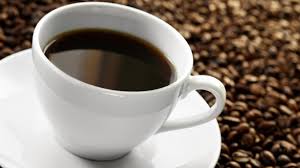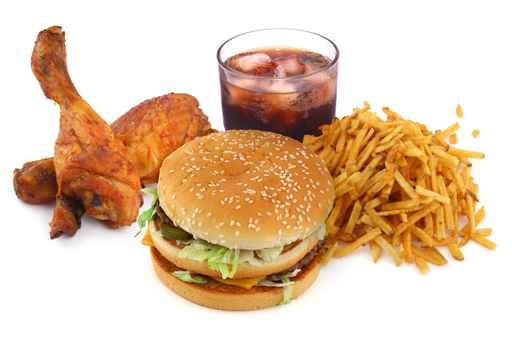
From previous blogs we all know just how powerful the food we eat really is. We have discussed so many different things, but yesterday I was remembered of something that may be of interest to you. I had a young patient who suffers from bipolar disorder, so one day or even minute they were happy the next not so much. The doctor requested that I see this patient and discuss their diet. Now, seeing as they were young the parents were of course included into this discussion. As I began to talk and ask questions the father kindly said “excuse, but I do not understand why we are discussing my child’s diet.” No one had told the parents that I would be stopping by. So I explained to them that food plays a role on one’s mood as well and that it is now suggested to include nutritional counseling/therapy with prescribed medications to those who suffer from bipolar disorder. To which the mother said “I would much rather have my child eat a healthy diet with foods that help, then try to force them to take medication they don’t understand why they need.” At this point she was not only overwhelmed but excited to try something new (just to see how it would affect her child).
Of course there is no specific “bipolar diet” that is prescribed but suggestions are made to help the person with their behavior and mood. When I meet with a bipolar patient I recommend that they reduce their caffeine and sugar intake of course, but also supplement meals with vitamin B, omega-3, and magnesium (B, 3, M). Foods containing high amounts of B, 3, M (which are also high energy foods/brain foods) will help regulate brain activity which deals with or controls behavior and mood.
This doesn’t mean you need to go out and get a pill for B, 3, and M, it just means to try and eat foods that are rich or have high volumes of each present. Omega-3 (fatty acid/fish oil) has become very popular in recent years and is known for its health benefits. In those who suffer from bipolar disorders many doctors recommend this because it helps with a patient’s mood and behavior. So a balanced diet is important in order to have not only healthy body function but also a healthy mind!
However, be aware that some foods do counteract and interfere with medications. It is best to discuss this with your physician who may send you to a dietitian in order to get a meal plan/diet that is right for you! There are some common foods however that do interfere with the treatment of bipolar disorder. I have provided a list with a little information just as to why these foods interfere the way they do.
- Caffeine à we all know caffeine affects most people. Whether it makes them hyperactivity for an hour or affects their sleep for days. Caffeine can also affect one’s mood and interact with medication (benzodiazepines) that is used to treat anxiety and mania in patients.
- Salt à the amount of salt in the diet affects medication (lithium). Having too much or too little in the body will have an effect, it is important to get just the right amount in the diet. This may be very difficult, but it can be done (with patience of course).
- Grapefruità grapefruit is also a culprit of interfering with medications (benzodiazepines and anticonvulsants). This is a more serious interaction as it may cause toxicity or impairment.
- Fatty foods à meals that are very high in fats may delay the effects that some medications give to patients (the beneficial effects that is).
- Tyramine (amino acid)à foods containing tyramine have the ability to cause hypertension in patients who are on MAO (monoamine oxidase) inhibitors. MAO’s are the antidepressants medications in this case.
Many people do not know which foods contain tyramine unless you have studied it, been informed about it, or know from experience. So, a few foods that contain tyramine that may have an effect on the MAOs include: liver, soy sauce, bananas, fermented cheeses, alcohol, and sauerkraut just to name a few. Today there is so much research on the internet that you could become an expert overnight; however you may be reading false information. It is best to discuss this with your physician and/or a dietitian.


